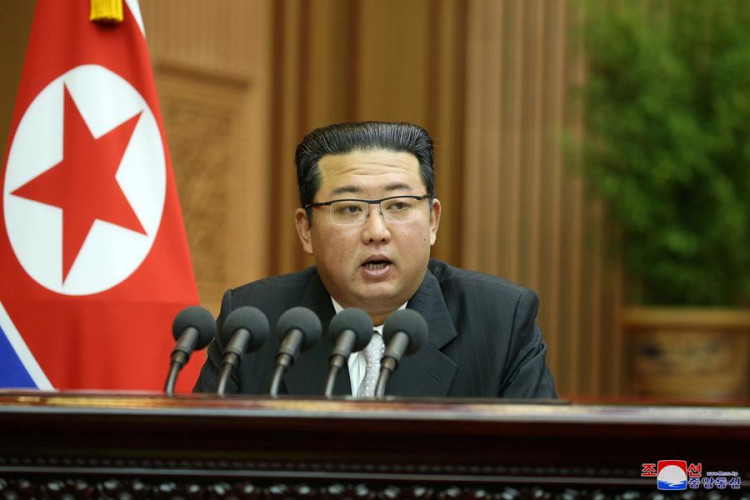North Korea has strongly condemned the recent U.S. test of a Minuteman III intercontinental ballistic missile, with Pyongyang suggesting that Washington's actions are pushing the situation on the Korean peninsula closer to a "new red line." In a statement from state media, North Korea communicated its intentions to fortify its military deterrent in the face of these tests, seen by many as a provocation.
In a commentary from the North's Korean Central News Agency (KCNA), an unidentified military analyst made clear Pyongyang's stance: "The DPRK will, as always, continue its military action to strengthen deterrence and ensure strategic security in the Korean peninsula and the region." Here, DPRK refers to the Democratic People's Republic of Korea, North Korea's official name.
The latest U.S. missile test took place at the Vandenberg Space Force Base in California. Interestingly, a South Korean defense delegation, led by Deputy Minister for Defense Policy Heo Tae-keun, was present during the testing. This marked the first occasion since 2016 that representatives from South Korea observed such a test. However, the Minuteman III missile was later safely neutralized over the Pacific Ocean due to an anomaly detected during its launch.
In tandem with the missile test, North Korea's state media highlighted other military maneuvers involving the U.S. and its regional allies. Notably, the U.S. and South Korea recently participated in major air exercises, simulating wartime operations around-the-clock, deploying over 130 aircraft from both nations. This also saw a U.S. B-52 strategic bomber and fighter jets from the U.S., South Korea, and Japan conducting joint aerial exercises near the Korean peninsula.
While both Seoul and Washington assert that these exercises are merely precautionary measures to ensure combat readiness against any potential North Korean provocations, Pyongyang views them differently. North Korea has habitually interpreted such joint military activities as rehearsals for an impending war.
The KCNA article emphasized that North Korea would not waver in its determination to respond to any nuclear threats. "The DPRK's stance to counter nuclear weapons remains steadfast, regardless of whether the U.S. deploys strategic nuclear weapons or tactical ones against the DPRK," the article mentioned.
Furthermore, the North Korean regime recently made amendments to its constitution, reinforcing a nuclear force-building policy. This move comes a year after North Korea sanctioned the preemptive use of nuclear weapons, underlining its irreversible status as a nuclear state.
This recent U.S. missile test and the subsequent response from North Korea reiterate the precarious balance of power and tension that continues to dominate the Korean peninsula. As both sides showcase their military prowess and readiness, the international community watches closely, hoping for diplomatic solutions over potential conflict.





